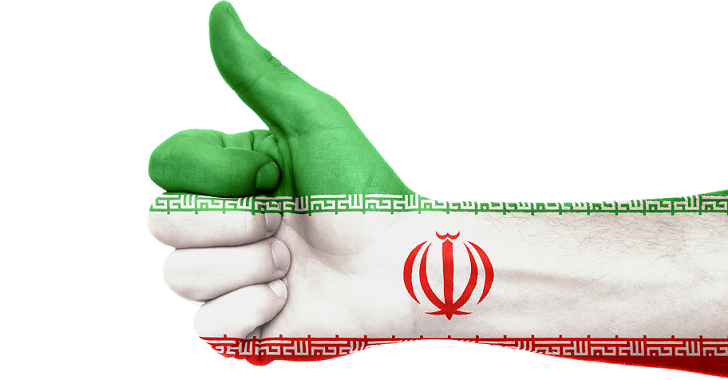Like other totalitarian regimes that have no legitimacy and no base of support, the Saudis are wrapping themselves in religion. Saddam Hussein in the 1990s and currently Bashar al-Assad – the heads of the Baath party in Iraq and Syria – both played the religious card. However, Baathist doctrine in Iraq and Syria is basically irreligious. The Saudis are using religion as their excuse now, labeling the recent mass executions as preserving their religion when they are actually a message to frighten their citizens into submission.
Early in the Arab Spring of 2011, out of fear of losing its grip on the country’s citizens, the Saudi government allocated $35 billion in open giveaways and services to Saudi citizens. Although this monetary inducement succeeded in tamping down any thoughts of revolution at the time, the Saudis only deferred the day of reckoning. The impulse to fight against the sense of injustice is strong among those who live in that police state, with no democracy, and obscene inequality (many Saudi residents are working residents, with no rights at all).
The Saudis began this new year by executing 47 citizens on January 2, some by the barbaric method of beheading. These executions came after a total of 158 in 2015. Presumably the Saudi government sought to begin the year with a warning that it will not tolerate the crime of opposing the Saudi regime. These executions, some of them for people who merely spoke out against the state, is a slap in the face of all those democracies in the world.
Continue reading “The US Should Not Accompany Saudi Arabia Over the Cliff”




